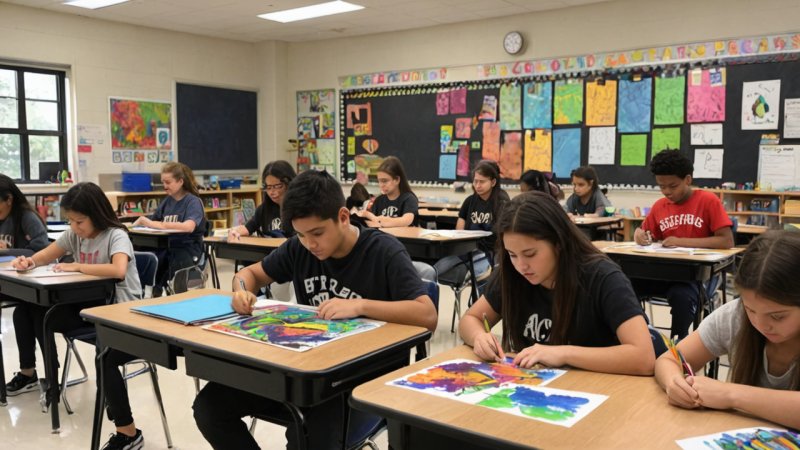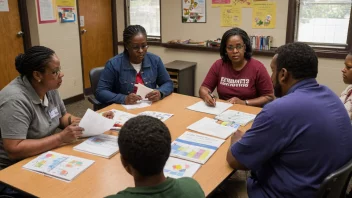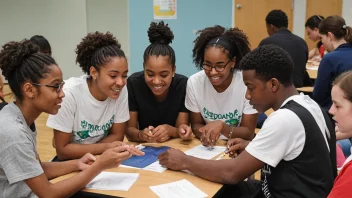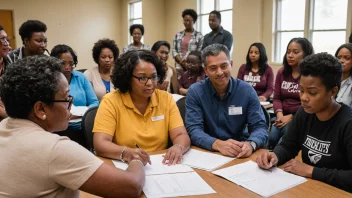What is arts education?
Arts education refers to the teaching and learning of various forms of art, including visual arts, music, dance, and theater. It plays a crucial role in developing creativity and self-expression in students.
How does arts education contribute to student wellbeing?
Arts education enhances student wellbeing by promoting emotional expression, reducing stress, and fostering a sense of community. It encourages students to express their feelings and thoughts through creative outlets, which can lead to improved mental health.
What are the cognitive benefits of arts education?
Research shows that arts education can improve cognitive abilities. Skills such as critical thinking, problem-solving, and creativity are enhanced through engagement in artistic activities. These cognitive benefits contribute to academic success across subjects.
Can arts education improve social skills in students?
Yes, arts education fosters collaboration and communication among students. Group projects and performances require teamwork and help students develop empathy and interpersonal skills, which are vital for their social development.
What role does arts education play in cultural understanding?
Arts education exposes students to diverse cultures and perspectives, promoting inclusivity and respect for differences. Through studying various art forms, students learn about the histories and experiences of different communities, fostering a more comprehensive worldview.
How can schools effectively integrate arts education into their curriculum?
Schools can integrate arts education by incorporating it into core subjects, offering after-school programs, and collaborating with local artists. Providing dedicated resources and training for teachers is also essential to ensure effective implementation.
What can parents do to support arts education for their children?
Parents can support arts education by encouraging their children to participate in art-related activities, attending school performances, and providing access to art supplies. They can also advocate for arts programs within their schools.
Are there any specific challenges faced in arts education?
Yes, challenges include funding cuts, lack of resources, and prioritization of standardized testing over creative subjects. Advocating for the importance of arts education is crucial to overcoming these obstacles.
What is the future of arts education in schools?
The future of arts education lies in recognizing its value in holistic student development. As more research highlights its benefits, schools may begin to prioritize arts programs, ensuring that every student has access to a well-rounded education.
In conclusion, arts education is a powerful tool for enhancing student wellbeing. By fostering creativity, improving cognitive and social skills, and promoting cultural understanding, it plays a vital role in shaping well-rounded individuals. Support for arts education is essential in ensuring that future generations continue to thrive both academically and personally.






